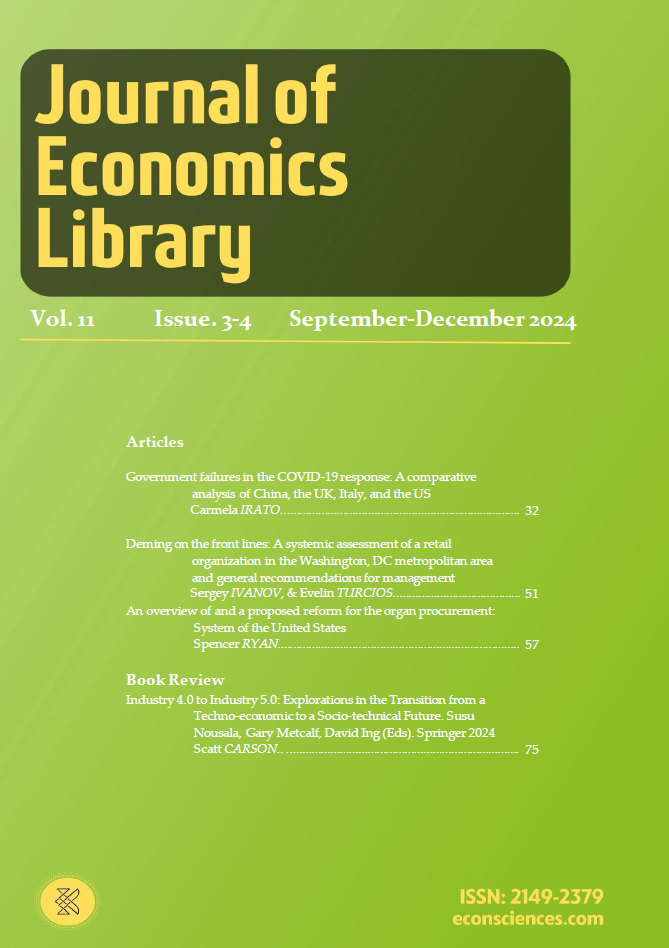Abstract
This book analyzes the critical evolution from the Fourth Industrial Revolution (Industry 4.0), which centered on efficiency, productivity, and techno-economic goals, to the emergent Fifth Industrial Revolution (Industry 5.0). Launched around 2020, Industry 5.0 represents a fundamental shift towards a socio-technical future that integrates societal and ecological values. It is primarily characterized by three pillars: sustainability, human-centricity, and resilience. The volume, which incorporates findings from the IN4ACT research project, investigates how industrial paradigms are being reshaped to respect these broader social and ecological concerns. Contributors explore the implications of this transition, including the necessary development of enhanced soft skills in the workplace, and the profound challenges and opportunities presented by technologies like Generative AI and Artificial Semi-General Intelligence (ASGI). The book emphasizes that this shift is not just a linear technological upgrade but a complex institutional and socio-technical development driven by criticism and pressure regarding social and environmental issues, ultimately complementing and extending Industry 4.0's features to achieve a better "win-win" interaction between industry and society.
Keywords. Industry 5.0 / Industrial Paradigm Shift; Human-Centricity / Socio-technical Systems; Sustainability and Resilience; Artificial Intelligence (AI) / Generative AI; Soft Skills / Workforce Transition.
JEL. O33; J24; L60; D63; P18.

This work is licensed under a Creative Commons Attribution-NonCommercial 4.0 International License.
